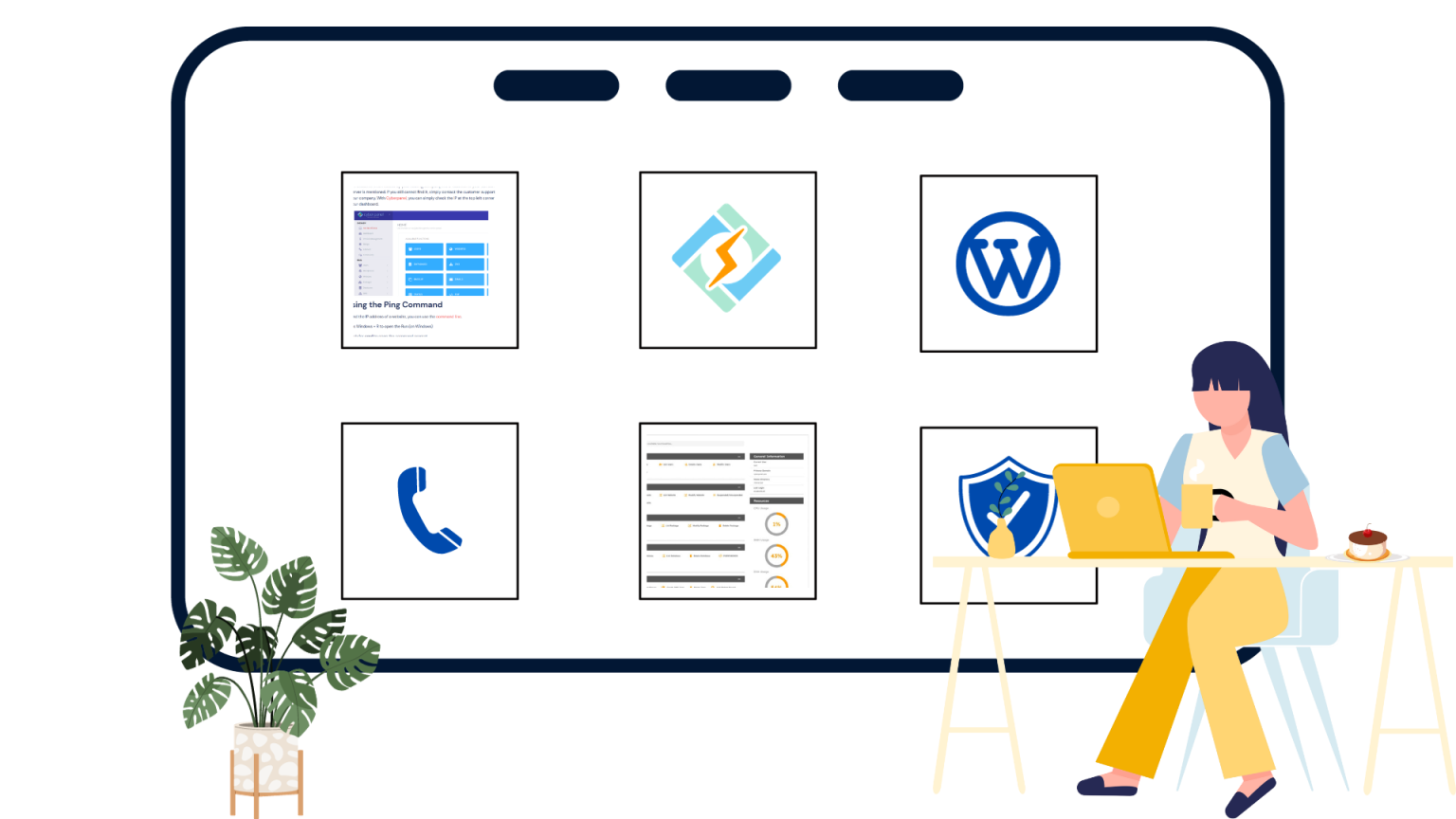The Health Insurance Portability and Accountability Act (HIPAA) is a critical regulation that sets standards for protecting sensitive patient information in the healthcare industry. Compliance with HIPAA requirements is essential for healthcare organizations to ensure the privacy and security of patient data. Implementing HIPAA compliance software can significantly aid healthcare providers in meeting these requirements. In this article, we will explore 15 key benefits of implementing Best HIPAA compliance software.
Enhanced Data Security
One of the primary benefits of using HIPAA compliance software is the bolstering of data security measures. The software provides comprehensive tools to protect sensitive patient information, including encryption, access controls, and audit logs. These features enable healthcare organizations to establish robust security protocols and prevent unauthorized access or breaches, reducing the risk of data breaches and potential legal repercussions.
Streamlined Compliance Processes
HIPAA compliance software simplifies and automates various compliance processes, making it easier for healthcare providers to adhere to the regulatory requirements. The software typically includes built-in templates, checklists, and workflows that guide organizations in implementing necessary measures such as risk assessments, staff training, and policy management. By streamlining these processes, healthcare organizations can save time, reduce human error, and ensure consistent compliance across the board.
Efficient Risk Assessment and Management
Conducting regular risk assessments is a crucial aspect of HIPAA compliance. With HIPAA compliance software, healthcare providers can perform comprehensive risk assessments more efficiently. The software typically includes risk assessment tools and frameworks that guide organizations in identifying potential vulnerabilities and assessing risks associated with various systems and processes. This enables proactive risk management, helping organizations prioritize and address potential security threats promptly.
Improved Training and Education
HIPAA compliance software often includes robust training and education modules that can help educate staff members on HIPAA regulations and best practices. These modules may offer interactive courses, quizzes, and certifications to ensure that employees have a thorough understanding of their responsibilities regarding patient data protection. Improved training and education contribute to a culture of compliance within the organization, reducing the likelihood of accidental data breaches caused by human error.
Efficient Incident Response
In the event of a security incident or breach, a prompt and efficient response is crucial to mitigate damages and comply with HIPAA requirements. HIPAA compliance software facilitates incident response by providing organizations with predefined incident response plans and workflows. These plans outline the necessary steps to be taken, including notifying affected parties, reporting incidents to the appropriate authorities, and implementing remedial measures. By streamlining incident response, healthcare providers can minimize the impact of security incidents and maintain compliance.
Get exclusive access to all things tech-savvy, and be the first to receive
the latest updates directly in your inbox.
Simplified Audits and Reporting
HIPAA compliance software simplifies the auditing and reporting processes, which are necessary for demonstrating compliance during external audits or investigations. The software typically generates comprehensive reports that document compliance efforts, including policies, risk assessments, training records, and incident response activities. These reports can be easily accessed and shared with auditors, saving time and effort during compliance audits and ensuring transparency in compliance practices.
Scalability and Customization
HIPAA compliance software is designed to cater to the specific needs of healthcare organizations, regardless of their size or complexity. The software is often scalable, allowing organizations to adapt and expand their compliance efforts as the business grows. Additionally, healthcare providers can customize the software to align with their internal processes and requirements, ensuring a tailored and efficient compliance management system.
Regulatory Updates and Alerts
HIPAA regulations are subject to changes and updates over time. Staying up-to-date with these changes can be challenging, but compliance software can help alleviate this burden. Many HIPAA compliance software solutions provide regular updates and alerts regarding regulatory changes, ensuring that healthcare organizations are aware of any new requirements and can promptly make the necessary adjustments to their compliance programs.
Vendor Management
Healthcare providers often work with third-party vendors and business associates who handle patient data on their behalf. Ensuring that these vendors comply with HIPAA regulations is essential to maintaining overall compliance. HIPAA compliance software facilitates vendor management by providing tools for evaluating vendors’ compliance status, monitoring their activities, and maintaining appropriate documentation. This enables healthcare organizations to establish strong vendor relationships while minimizing compliance risks associated with external partners.
Reputation and Trust
Implementing HIPAA compliance software demonstrates a commitment to protecting patient data and maintaining compliance with regulatory requirements. This commitment enhances an organization’s reputation and builds trust among patients, partners, and stakeholders. Patients are more likely to choose healthcare providers who prioritize the privacy and security of their data, resulting in improved patient satisfaction and loyalty.
Centralized Documentation and Record Keeping
HIPAA compliance software offers a centralized platform for managing and organizing documentation related to compliance efforts. This includes policies, procedures, training materials, risk assessments, incident reports, and more. Having a centralized repository ensures easy access to important documents, simplifies record-keeping, and facilitates document version control. It also aids in demonstrating compliance during audits and investigations.
Increased Efficiency and Productivity
By automating manual tasks and providing intuitive workflows, HIPAA compliance software can significantly improve efficiency and productivity within healthcare organizations. The software streamlines processes such as policy management, staff training, risk assessments, and incident response, reducing the time and effort required to carry out these tasks. This allows healthcare providers to focus on delivering quality care while maintaining compliance with HIPAA regulations.
Cost Savings
Implementing HIPAA compliance software can result in long-term cost savings for healthcare organizations. The software eliminates the need for manual processes, reduces paperwork, and minimizes the risk of non-compliance fines and penalties. Additionally, by streamlining compliance efforts and automating tasks, the software optimizes resource allocation and reduces administrative overhead, resulting in cost efficiencies for the organization.
Proactive Compliance Monitoring
HIPAA compliance software typically includes monitoring and auditing functionalities that enable proactive compliance monitoring. The software can continuously monitor systems, networks, and user activities to detect any potential security vulnerabilities or breaches. It provides real-time alerts and notifications, allowing organizations to take immediate action and address any compliance issues before they escalate. Proactive monitoring helps healthcare providers stay ahead of potential threats and maintain a strong security posture.
Integration with Existing Systems
Many HIPAA compliance software solutions offer integration capabilities with existing systems and software used within healthcare organizations. This allows for seamless data exchange, eliminating the need for manual data entry and reducing the risk of errors. Integration with electronic health record (EHR) systems, practice management systems, and other relevant tools enhances data accuracy, improves workflow efficiency, and ensures consistent compliance across all systems.

Conclusion
Implementing HIPAA compliance software provides healthcare organizations with numerous benefits, including enhanced data security, streamlined compliance processes, efficient risk assessment and management, improved training and education, simplified audits and reporting, scalability, regulatory updates, vendor management, reputation building, centralized documentation, increased efficiency and productivity, cost savings, proactive compliance monitoring, and integration with existing systems. By leveraging these advantages, healthcare providers can effectively navigate the complex landscape of HIPAA regulations and protect the privacy and security of patient information.


